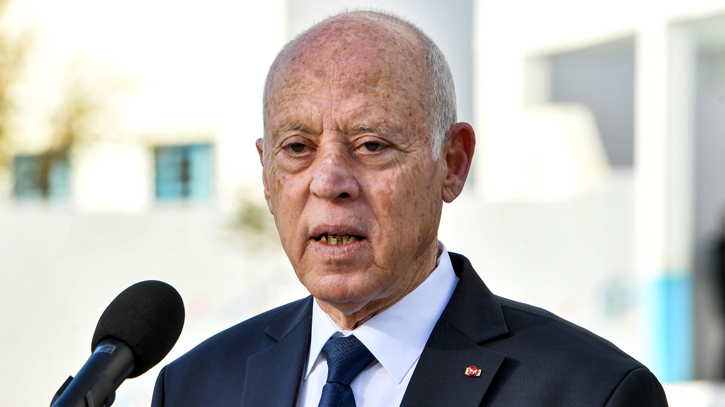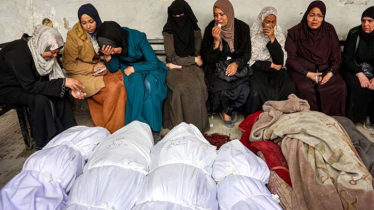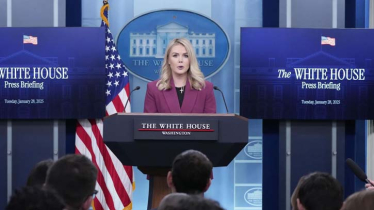
Photo : Collected
Tunisia holds a presidential election Sunday with no real opposition to incumbent Kais Saied, widely tipped to win as his most prominent critics, including a key contender, are behind bars.
Three years after a sweeping power grab by Saied, the election is seen as a closing chapter in Tunisia's experiment with democracy.
The North African country had prided itself for more than a decade for being the birthplace of the Arab Spring uprisings against dictatorship.
Polling stations open at 8:00 am (0700 GMT) and close at 6:00 pm (1700 GMT). Preliminary results should come no later than Wednesday but may be known earlier, according to ISIE, the electoral board.
In the lead-up to polling day, there have been no campaign rallies or public debates -- and nearly all of the campaign posters in city streets have been of Saied.
With little hope for change in a country mired in economic crisis, the mood among much of the electorate has been one of resignation.
"We have nothing to do with politics," Mohamed, a 22-year-old who gave only his first name for fear of retribution, told AFP in Tunis.
Neither he nor his friends planned to vote, he said, because they believed it was "useless".
After rising to power in a landslide in 2019, Saied, now 66, led a sweeping power grab that saw him rewrite the constitution.
A burgeoning crackdown on dissent ensued, and a number of Saied's critics across the political spectrum were jailed, sparking criticism both at home and abroad.
New York-based Human Rights Watch has said that more than "170 people are detained in Tunisia on political grounds or for exercising their fundamental rights".
Jailed opposition figures include Rached Ghannouchi, head of the Islamist-inspired opposition party Ennahdha, which dominated political life after the revolution.
Also detained is Abir Moussi, head of the Free Destourian Party, which critics accuse of wanting to bring back the regime that was ousted in 2011.
Messenger/Disha








